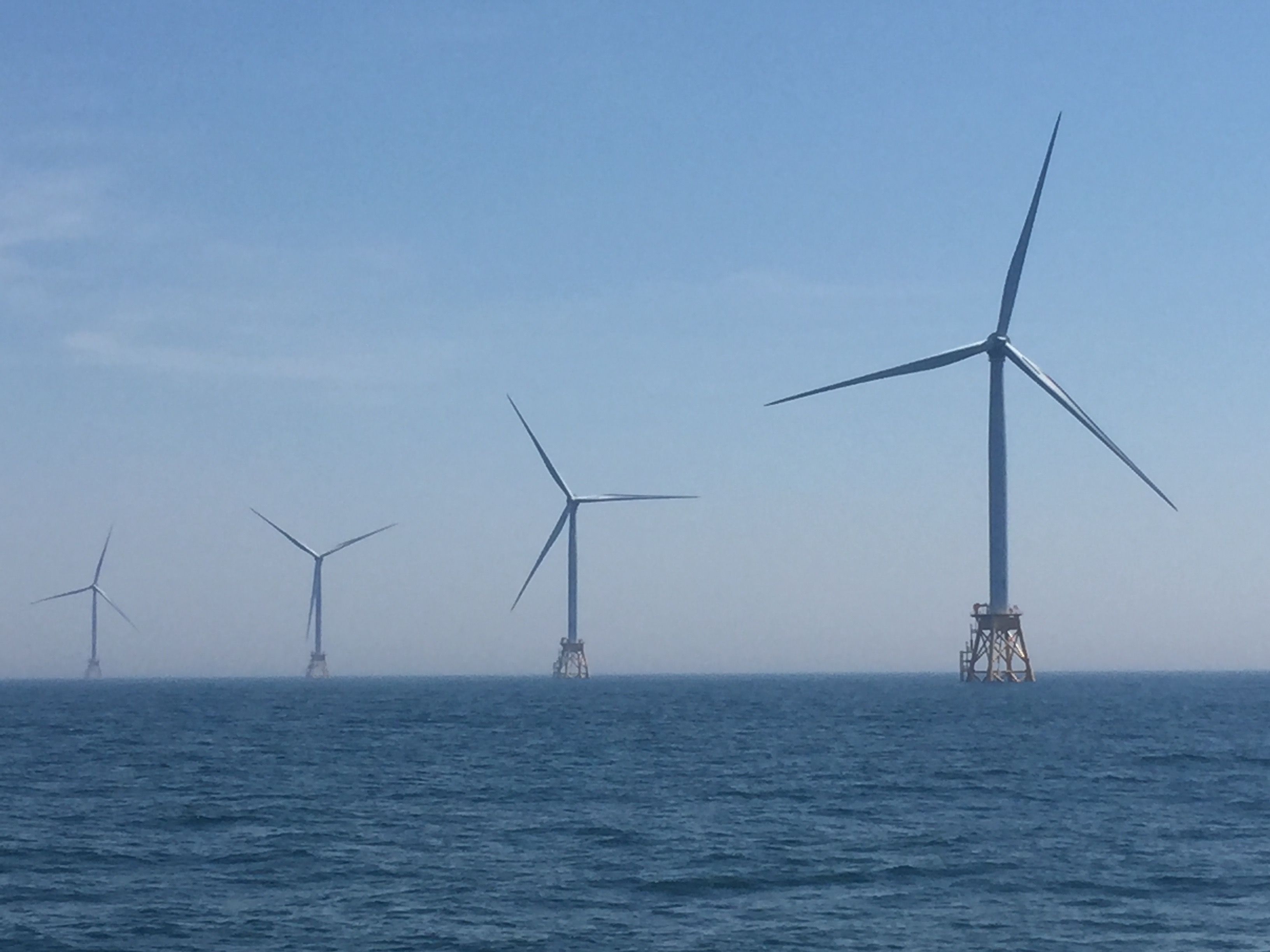My older sister fully embraces sustainability. She lives on a farm where she grows almost all her own food. She heats her small home with wood that she harvests from her forested property. She wears second hand clothing, drives a hybrid car, does not own a clothes dryer, and feeds her food compost to her pigs and chickens. She adopted her children so she did not contribute to overpopulation.
I know that I cannot live as sustainably as she does. And I am OK with that. Environmentalists often put too much pressure on themselves and others to live a green lifestyle and then feel guilty when they don’t meet their own expectations. We feel remorse when we forget our reusable mug and buy coffee in a disposable cup, or when we drive alone to work and don’t car pool. But instead of guilt, we need to feel positive about the sustainable strategies that we implement and that work for us. It is not a one-size-fits-all proposition.
Over the years, my family has adopted many energy saving strategies. In the summer, I hang my laundry outdoors to dry. I relish the clean warmth as I fold them into the laundry basket and the outdoor freshness on clean sheets. In the winter I hang clothes in my basement where the ceiling is crisscrossed by lines and pins. I rarely use a dryer.
We have lived in our home in North Kingstown for 26 years and we have twice taken advantage of the home energy audit provided through National Grid. This free service is supported by a surcharge on electric and gas bills. Our audits identified a list of actions to save electricity like replacing light bulbs with LED, adding insulation, tightening windows and doors. Our energy use decreased once these projects were completed.
My family is also a member of Peoples Power & Light (PP&L). We are happy to pay a little bit more to green our electricity and support renewable energy development in Rhode Island. We also purchase our heating oil through PP&L. My husband and I recently decided to add solar panels to our home. Like many homeowners who explore solar, we were told that we first needed to replace our roof. Once that was accomplished, solar panels were installed and connected to National Grid. We selected the net metering program where the solar installation is sized to meet our home’s demand.
PP&L is strongly encouraging their members to buy electric vehicles and we were convinced at their annual meeting to buy an electric car for my 26-mile commute. We purchased a Chevy Bolt and had a fast charging station installed in our garage. We love the car, but our solar array is now undersized for our usage. According to current state laws, we can upgrade in two years.
Our shift to solar and the purchase of an electric vehicle required a substantial investment. I understand that not everyone is able make these changes, but this issue of the Report includes many low cost tips for greening your personal style. I hope readers can make some changes and celebrate all their actions, big and small, that make a difference to the health of our environment.


















